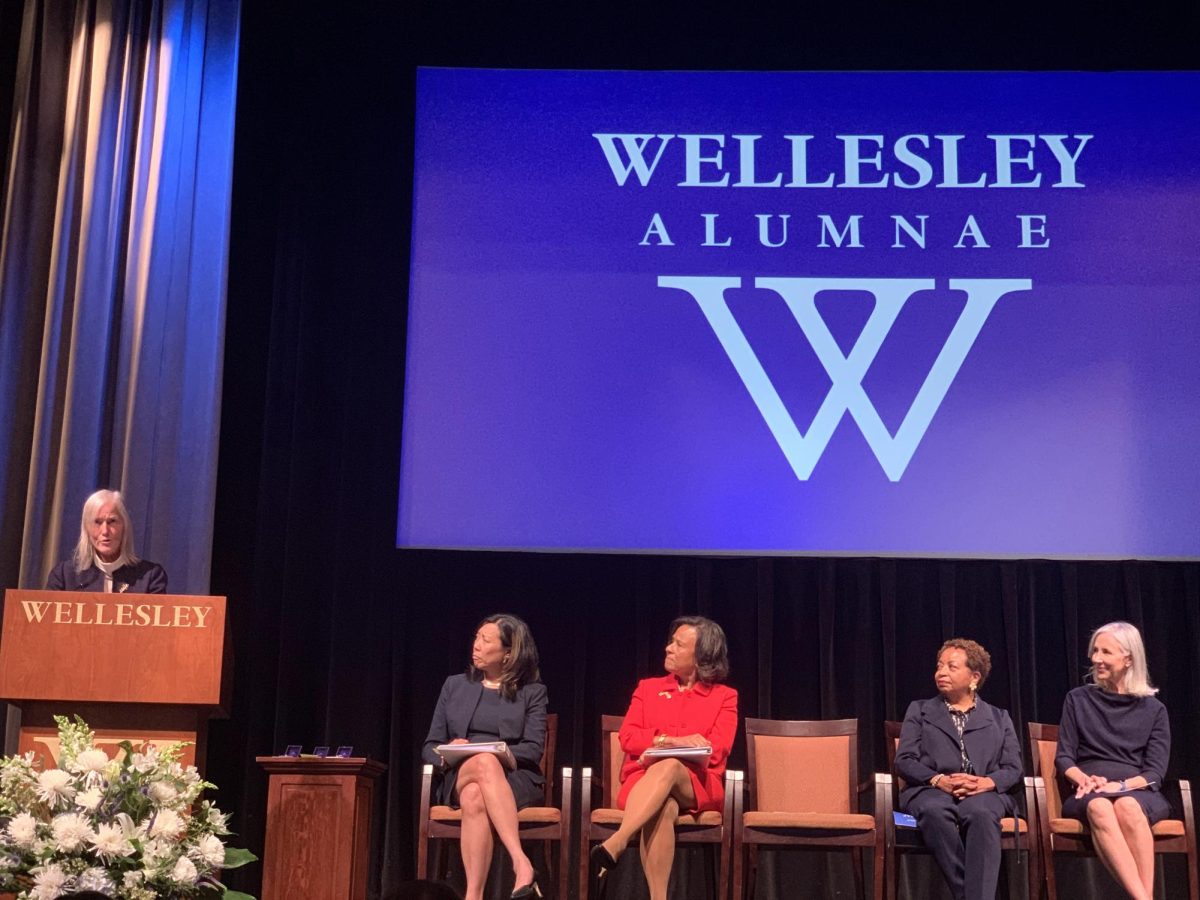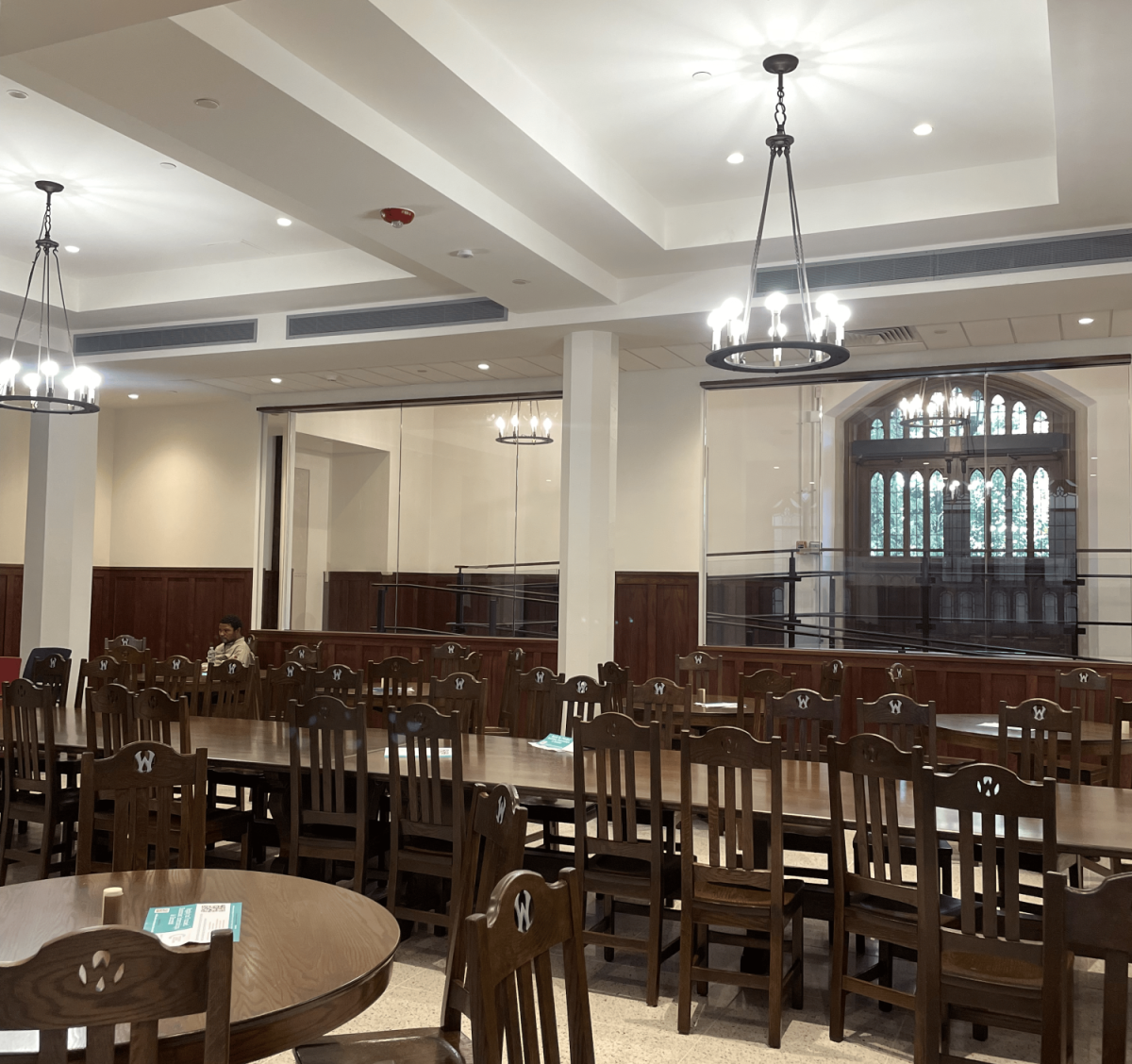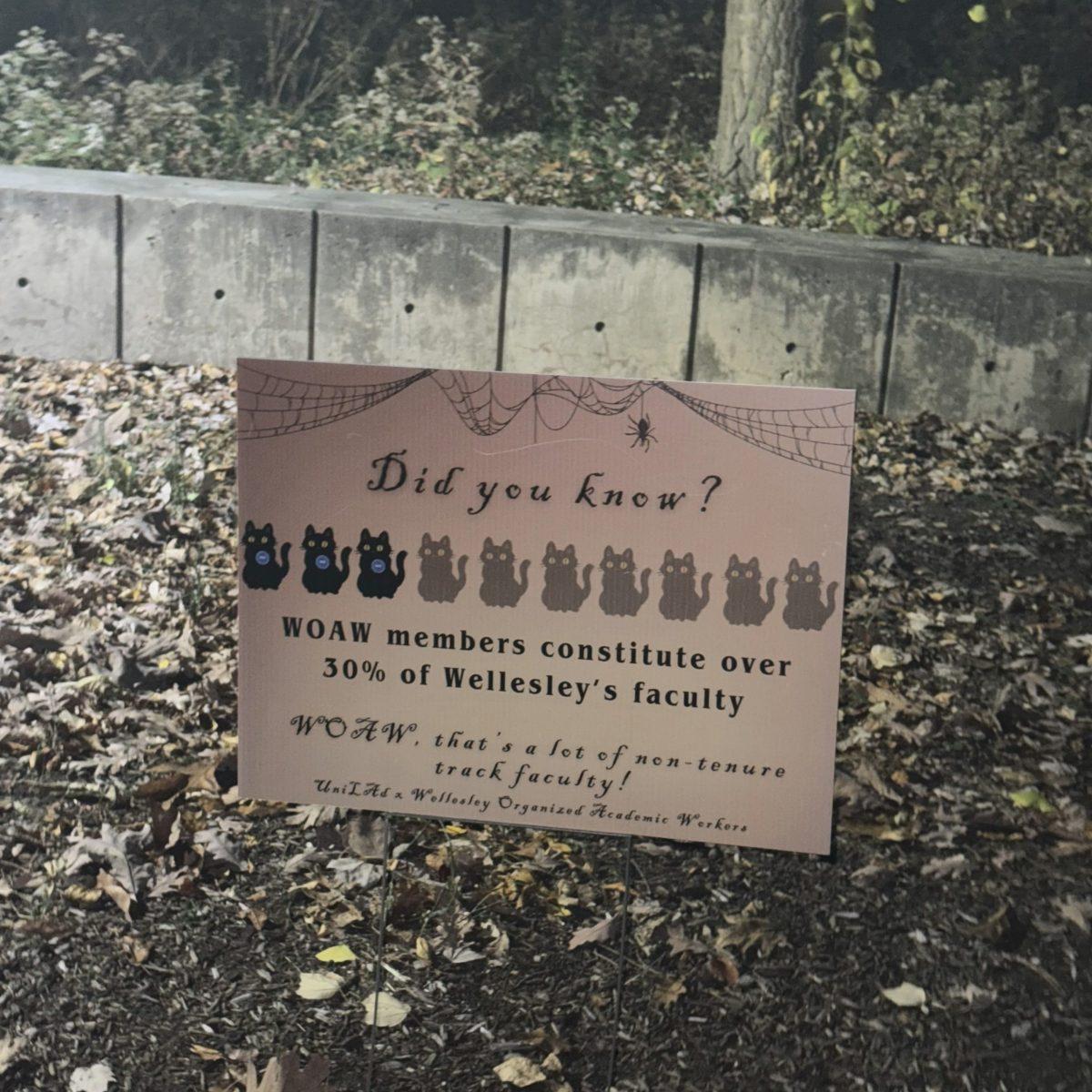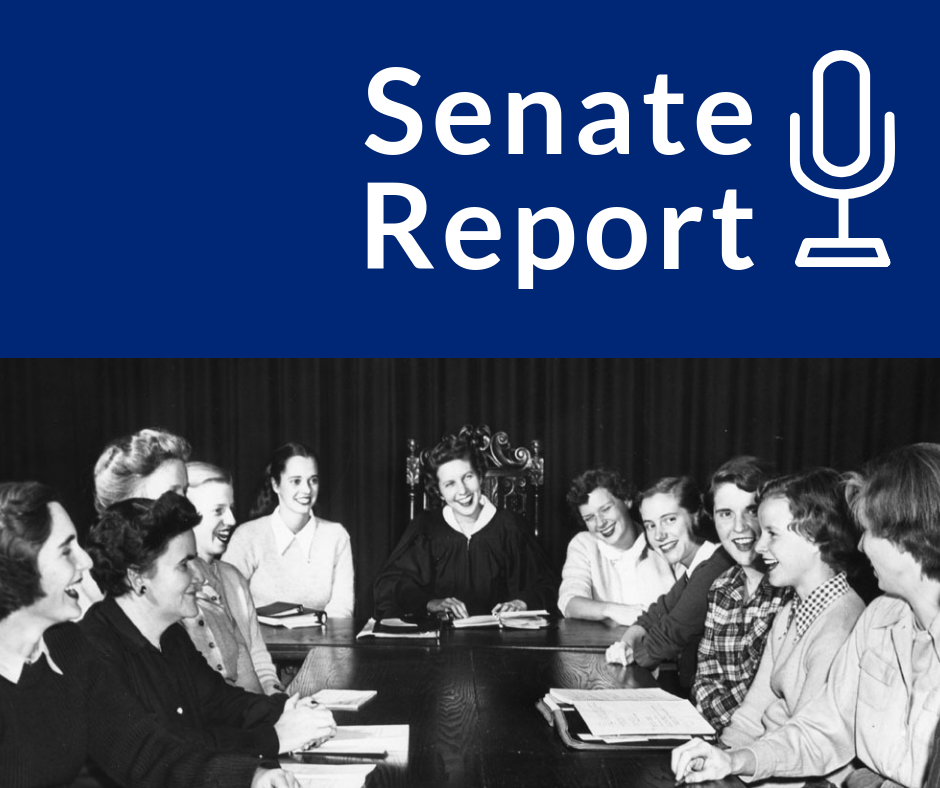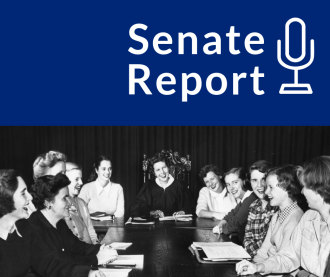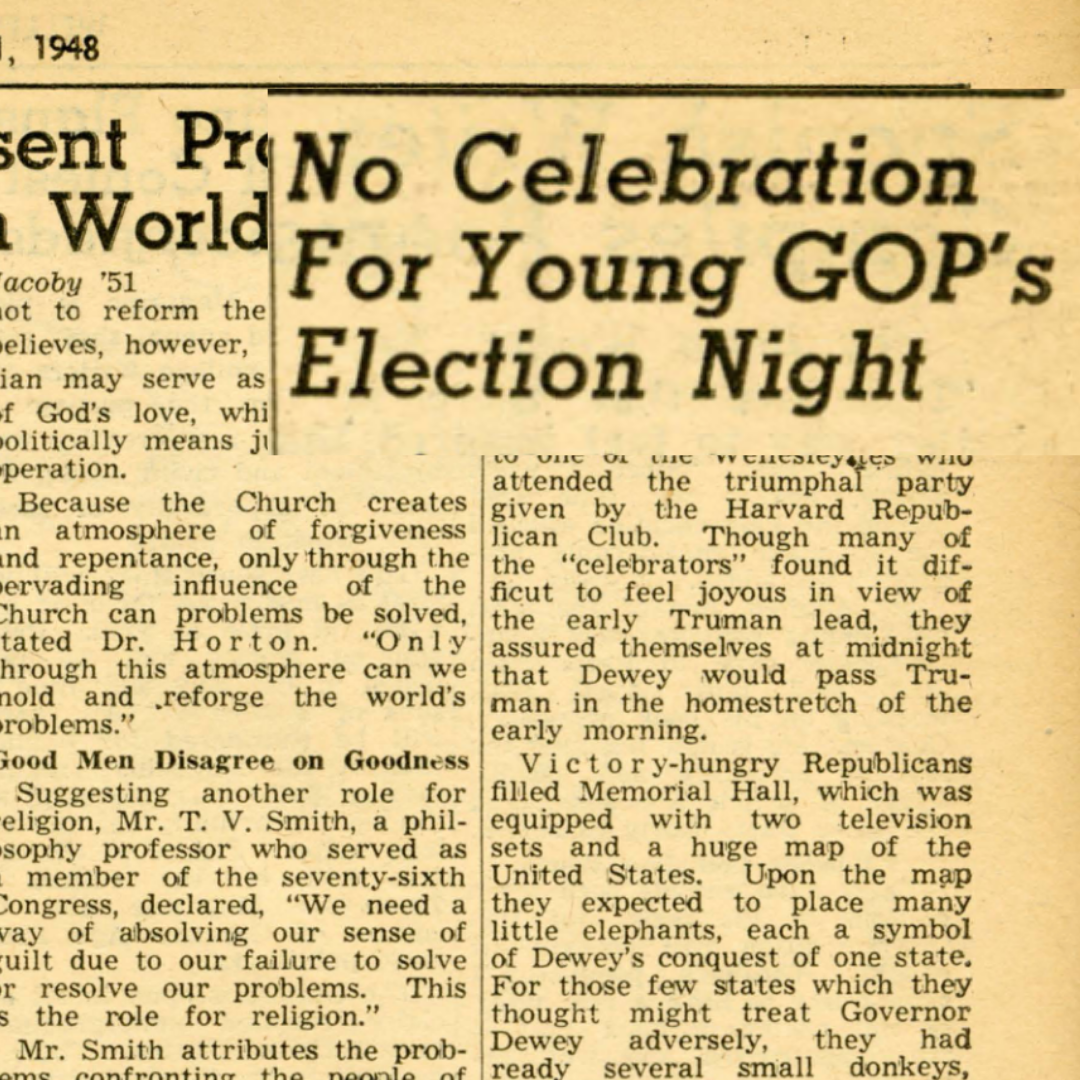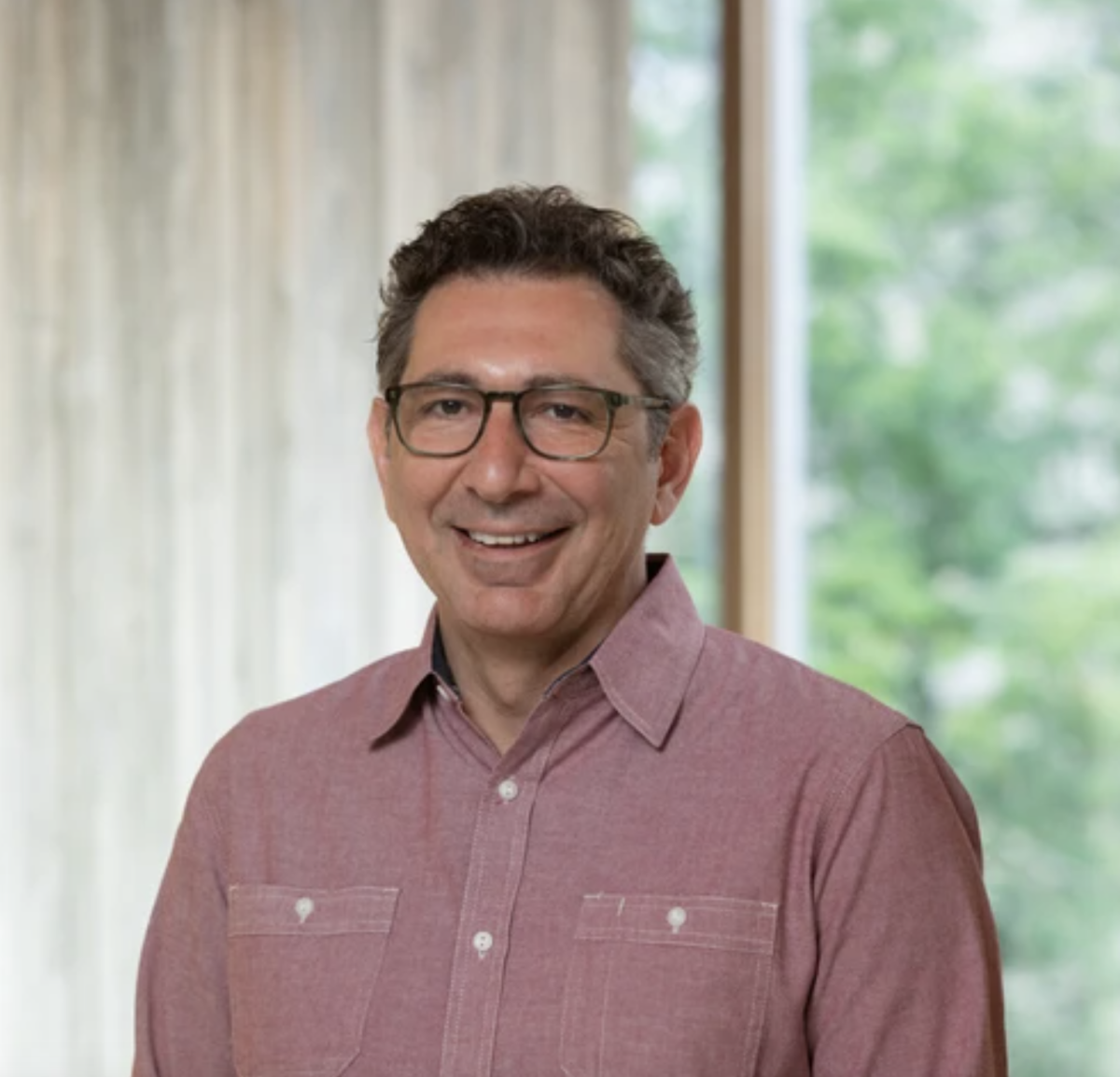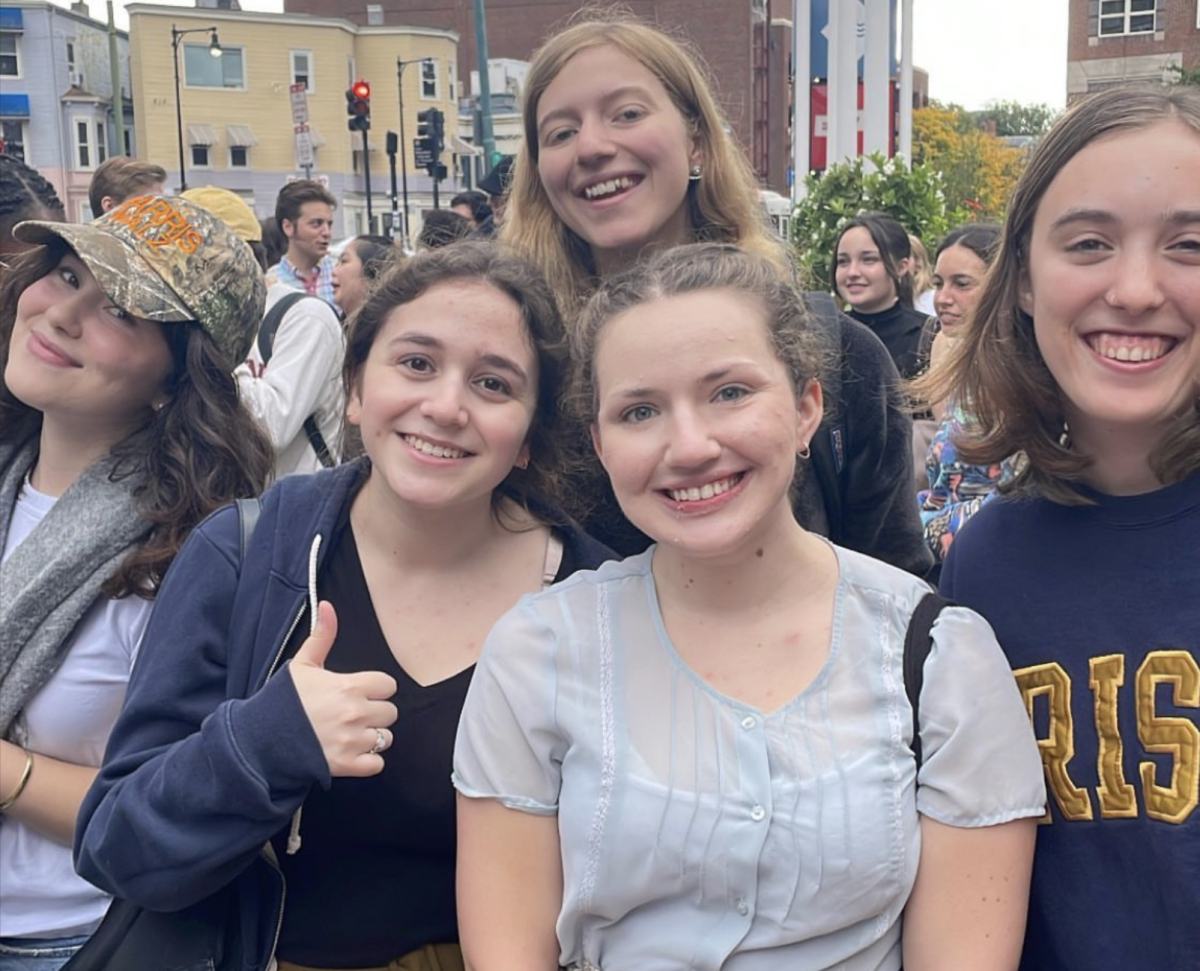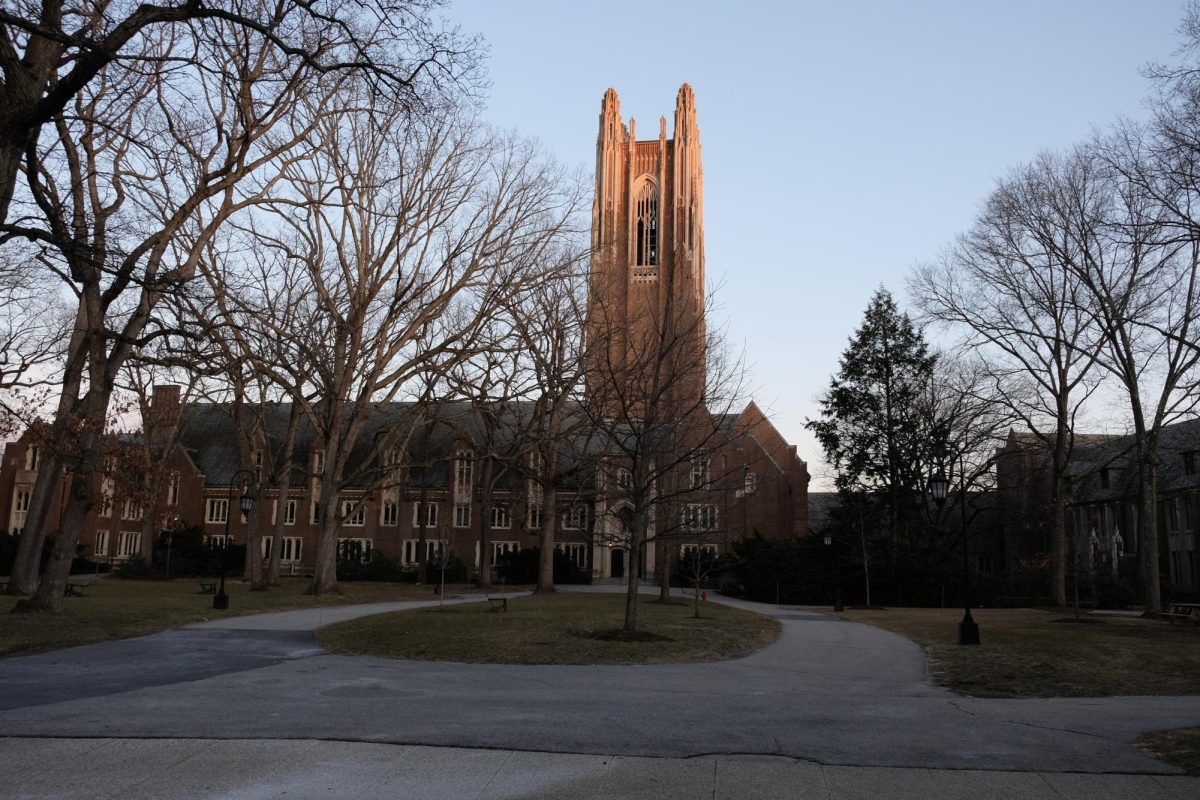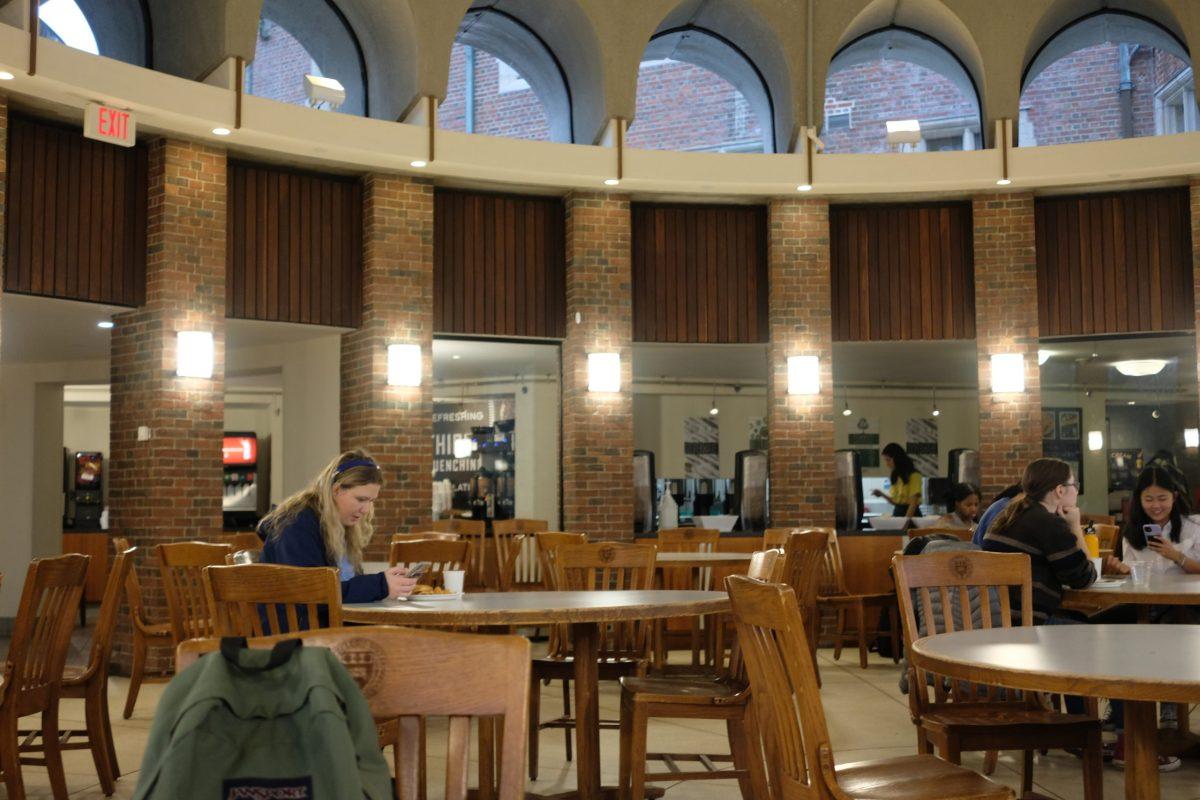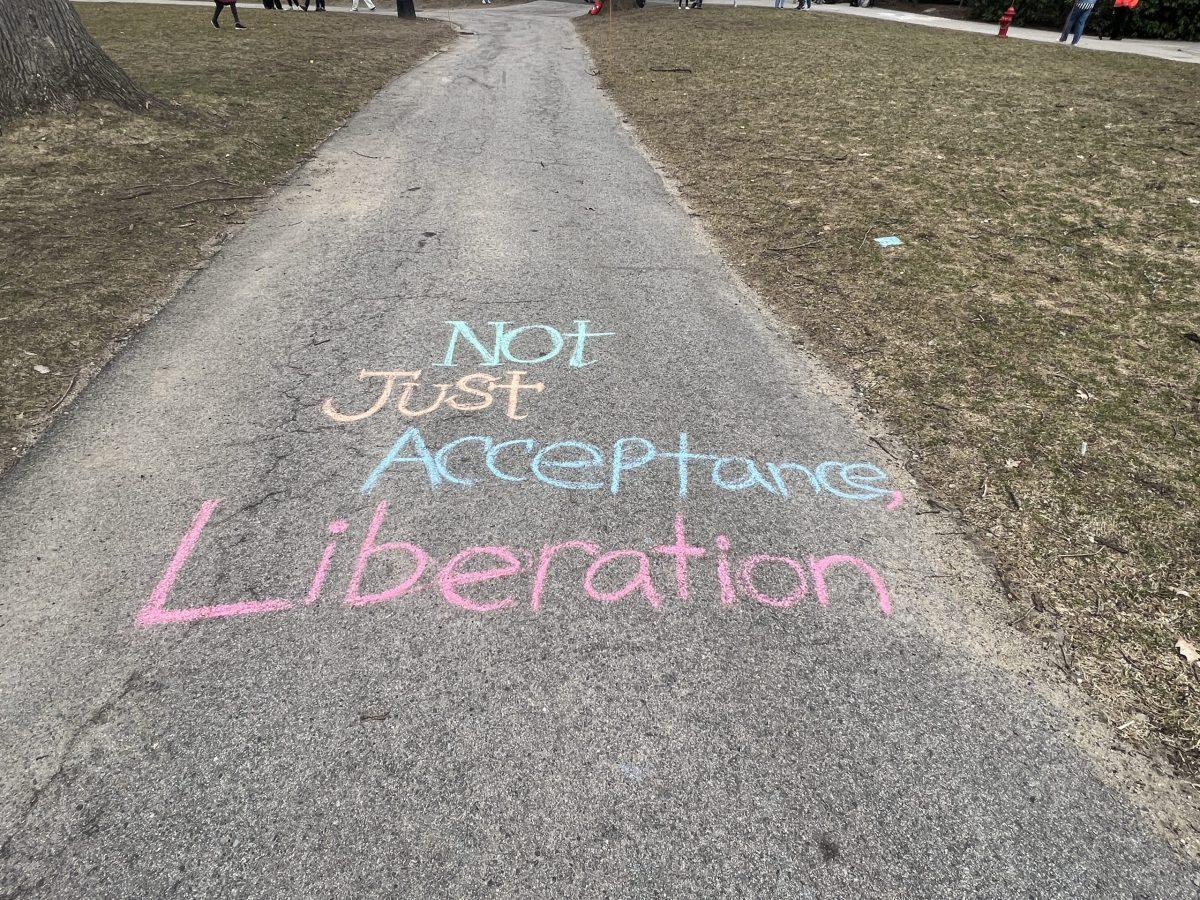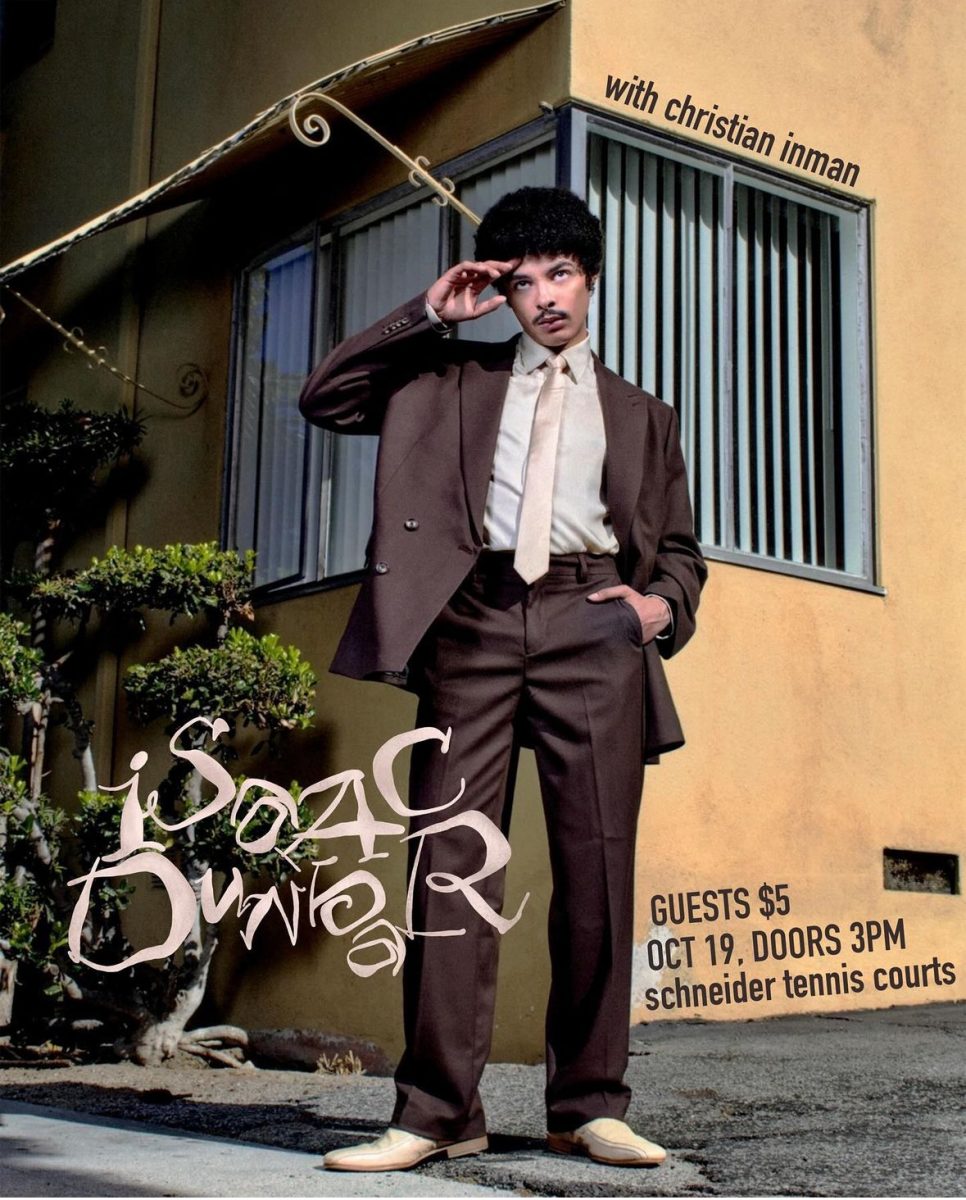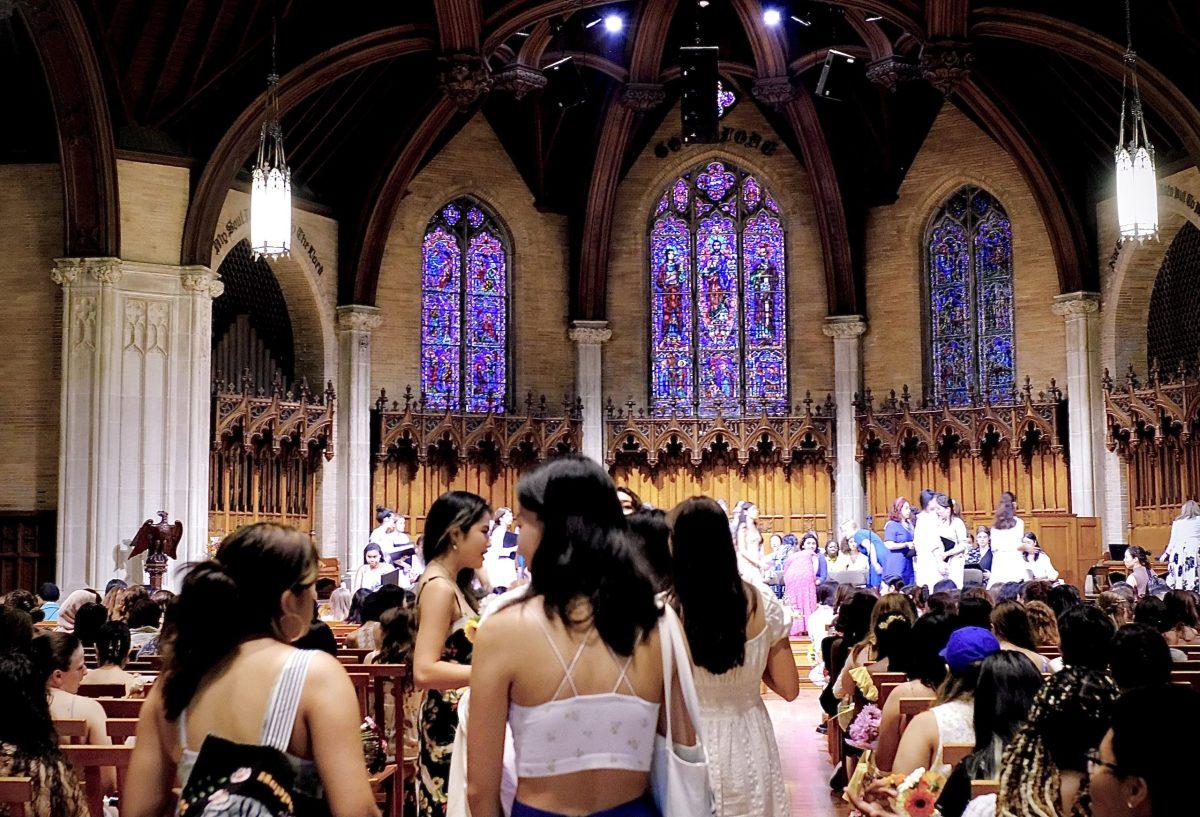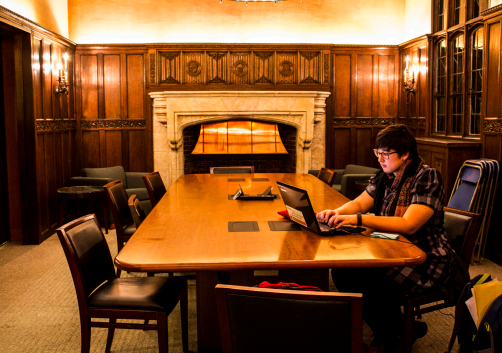The English Language Resource Center (ELRC) has seen demand for its services increase since its inception last year. In response, the ELRC has gone from having a sole tutor to a team of four, headed by a new coordinator.
The ELRC provides tailored support to students who are non-native English speakers. It offers such students the opportunity to receive one-on-one tutoring specifically to improve their command of the English language.
Renata Rivkin Haag, the new coordinator, stressed the depth and breadth of the nature of support that ELRC tutoring sessions give.
“The ELRC goes more into detail about the usage of grammar than writing tutors. On top of that, we help in speaking and pronunciation, as well as with vocabulary. We also talk about American culture if they need help in that as well,” Haag noted.
“Sometimes, it’s just cultural clarifications —for example, whether there is a difference between the use of the words ‘bathroom,’ ‘toilet’ or ‘restroom.’ ”
Haag also noted that the ELRC is mindful of cultural backgrounds and how they may affect speaking and pronunciation. In speaking activities, tutors aim to improve the clarity of speech but not to remove accents.
The increase in the program size at the ELRC also comes at a time where student diversity in Wellesley is increasing, with 15 percent of the Class of 2019 alone being international, or Americans who have lived abroad. As the school has become more international the ELRC aims to serve the needs of a greater number of students.
Notably, this program includes students from multilingual backgrounds. These students may identify English as their first language but still wish to have additional support to improve their command of the English language in particular. This may be owing to the fact that they may only be using English in a particular setting — such as in school — or that they have had interrupted instruction in the English language.
The ELRC is available as a resource not just to first-year students, but to all who are students at Wellesley. With hours on Sunday, Monday and Wednesday evenings, students book appointments with an ELRC tutor through the same online channel as that of the Writing Program.
A majority of students are referred to the ELRC via their professors, a fact which Haag confirmed. Daxi Sun ’19 is one such student who discovered the ELRC through the professor teaching her First-Year Writing Course.
“I had to submit a paper, so I went there to let them look over my paper. I am so happy and satisfied with their help! They read my paper aloud and helped me fix grammar problems. The only thing they can improve on is that they should have descriptions of the tutors on the website where we make appointments,” Sun said.
Haag also acknowledged the need to make improvements to the ELRC to ensure that it answers to what students want. “We are trying to figure out the needs of students and how to better serve their needs. [We are also] working on the option of speaking and making [the option] more obvious,” Haag said.


